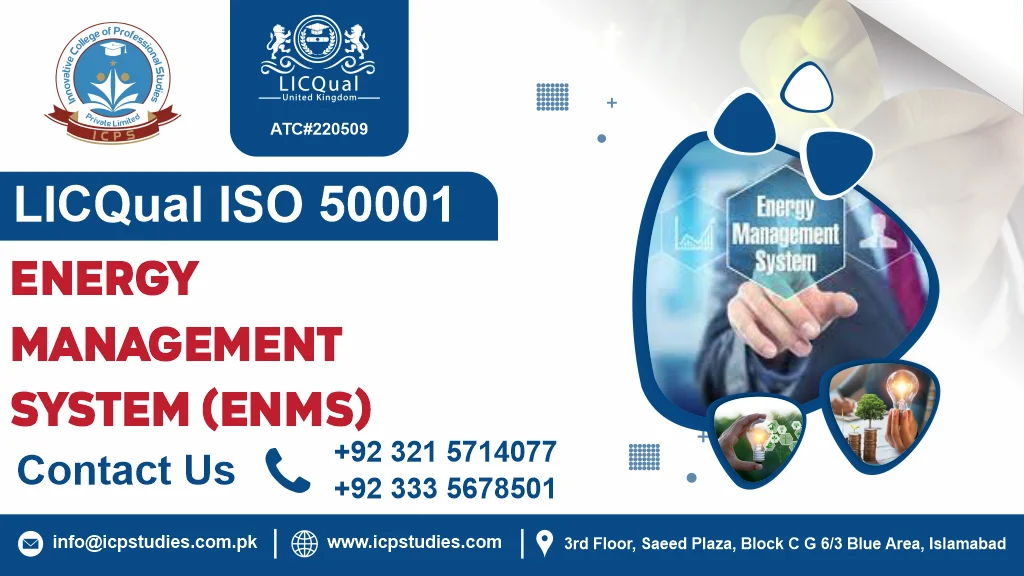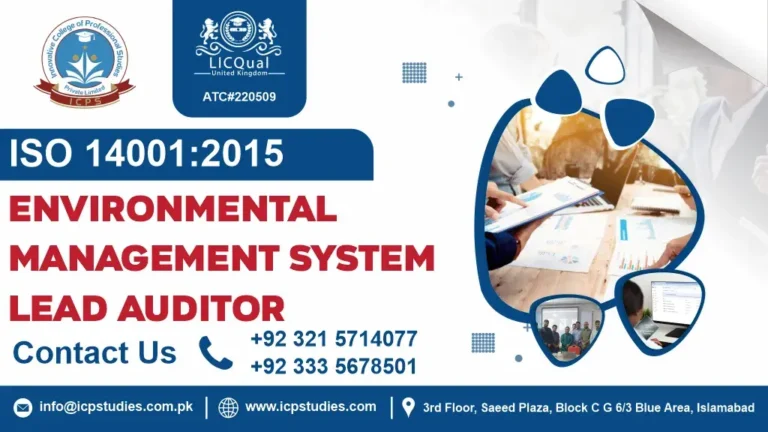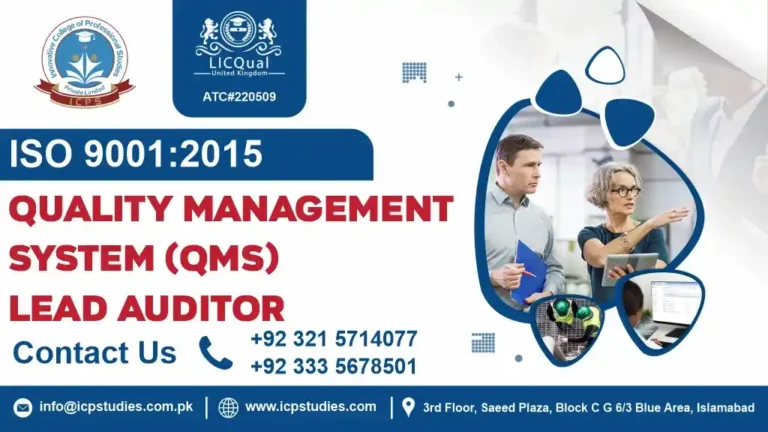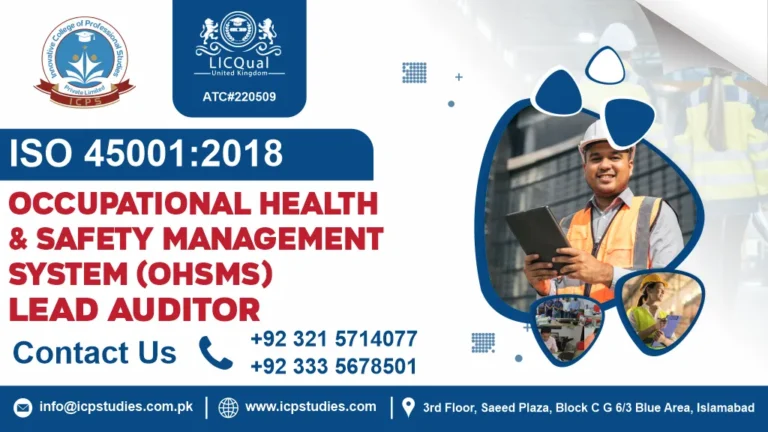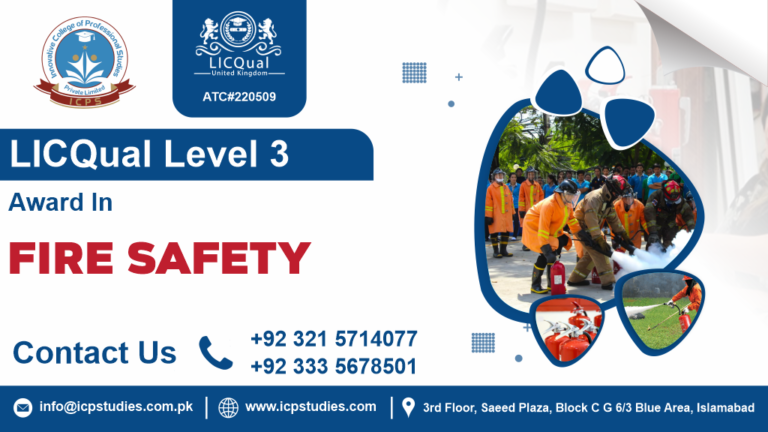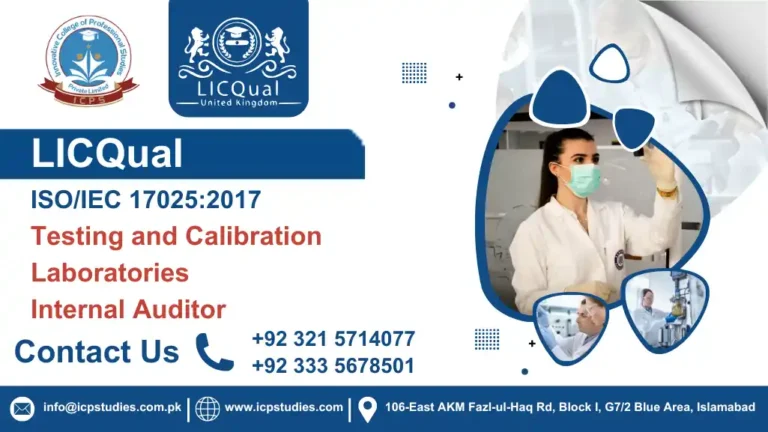In today’s rapidly evolving business landscape, energy management is not just a regulatory necessity but a strategic imperative. Companies are increasingly focusing on sustainability and efficiency to enhance their competitiveness and reduce their environmental impact. One pivotal role in achieving these goals is the ISO 50001 Energy Management System (EnMS) Lead Implementer.
An ISO 50001 Lead Implementer is a professional responsible for guiding the development, implementation, and management of an effective Energy Management System in accordance with ISO 50001 standards. This role involves designing and overseeing processes that improve energy efficiency and support the organization’s sustainability goals.
ISO 50001 Energy Management System Lead Implementer is vital. By developing and implementing effective energy management systems, setting objectives, conducting audits, and promoting continuous improvement, these professionals help organizations achieve their energy efficiency goals and support their sustainability initiatives.
All About ISO 50001 Energy Management System (EnMS) Lead Implementer
Course Overview
The ISO 50001 Energy Management System (EnMS) Lead Implementer is a specialized role focused on the development, implementation, and management of energy management systems in accordance with the ISO 50001 standard. ISO 50001 is an international standard designed to help organizations establish and maintain effective energy management practices to improve energy efficiency, reduce costs, and minimize environmental impact.
The ISO 50001 Energy Management System (EnMS) Lead Implementer is a critical role for organizations aiming to enhance their energy efficiency and sustainability. By leading the implementation and management of an effective EnMS, these professionals help organizations achieve significant energy savings, reduce environmental impacts, and ensure compliance with energy regulations. As the demand for sustainable and efficient energy practices continues to grow, the expertise of an ISO 50001 Lead Implementer becomes increasingly valuable in driving organizational success and contributing to a more sustainable future.
Study Units
- Introduction to ISO 50001
- Energy Performance Indicators (EnPIs)
- Energy Baseline Establishment
- Energy Review and Energy Audit
- Energy Planning and Target Setting
- Energy Efficiency Measures
- Employee Training and Awareness
- Performance Monitoring and Measurement
- Management Review and Continuous Improvement
To enroll in the LICQual ISO 50001 Energy Management System (EnMS) Lead Implementer Course, candidates should meet the following entry requirements:
- Educational Background:
- A minimum of a Level 4 qualification or equivalent in a relevant field (e.g., energy management, environmental science, engineering, or business administration).
- Professional Experience:
- At least two years of experience in energy management, environmental management, or a related area. This experience should include involvement in energy efficiency initiatives or management systems.
- Understanding of ISO Standards:
- Familiarity with ISO 50001 and related energy management standards is highly recommended. A foundational understanding can be demonstrated through prior training or professional experience.
- Basic Knowledge of Energy Management Principles:
- An understanding of energy management concepts, practices, and regulations is advantageous.
- Language Proficiency:
- Proficiency in English (or the language of instruction) to ensure comprehension of course materials and active participation in discussions.
- Commitment to Learning:
- A willingness to engage actively in the learning process, including participation in group activities and practical exercises.
Meeting these requirements will help ensure that participants gain the most from the course and are well-prepared to undertake the responsibilities of a lead implementer in energy management systems. If you have any questions about your eligibility or need assistance, please contact our course coordinator for guidance.
4o mini
The LICQual ISO 50001 Energy Management System (EnMS) Lead Implementer Course is designed for a variety of professionals involved in energy management and sustainability initiatives. This course is ideal for:
- Energy Managers: Individuals responsible for developing and implementing energy management strategies within organizations.
- Environmental Managers: Professionals focused on improving environmental performance and integrating sustainability practices.
- Compliance Officers: Those ensuring that energy management practices comply with relevant regulations and standards.
- Facilities Managers: Individuals overseeing building operations who aim to enhance energy efficiency and reduce operational costs.
- Sustainability Consultants: Professionals providing advisory services on energy management and sustainability, looking to deepen their expertise.
- Operations Managers: Individuals responsible for operational efficiency who want to incorporate energy management principles into their processes.
- Project Managers: Those managing energy efficiency projects who need a solid understanding of energy management systems.
- Anyone Interested in Energy Management: Individuals seeking to enhance their knowledge of ISO 50001 and improve their career prospects in energy management.
This course equips participants with the skills necessary to effectively implement and manage an Energy Management System (EnMS), promoting energy efficiency and sustainability within organizations.
Learning Outcome
. Introduction to ISO 50001
- Understanding the Standard: Gain a comprehensive overview of ISO 50001, including its scope, purpose, and key requirements.
- Framework Familiarity: Learn the structure and components of the Energy Management System (EnMS) as outlined in ISO 50001.
- Implementation Benefits: Understand the benefits and impacts of adopting ISO 50001 for energy management within organizations.
2. Energy Performance Indicators (EnPIs)
- Indicator Selection: Learn how to identify and select appropriate Energy Performance Indicators (EnPIs) to measure and track energy performance.
- EnPI Development: Develop skills to create and implement EnPIs that align with organizational energy objectives and strategic goals.
- Data Analysis: Understand how to analyze EnPI data to evaluate energy performance and identify areas for improvement.
3. Energy Baseline Establishment
- Baseline Creation: Acquire knowledge on how to establish an energy baseline for comparison and measurement of future energy performance.
- Data Collection: Learn methods for collecting and analyzing historical energy consumption data to define a reliable baseline.
- Benchmarking: Understand how to use the energy baseline to benchmark performance and track progress over time.
4. Energy Review and Energy Audit
- Energy Review: Develop skills to conduct comprehensive energy reviews to identify energy use patterns, inefficiencies, and opportunities for improvement.
- Energy Audits: Learn the procedures for performing detailed energy audits, including assessment techniques and reporting findings.
- Opportunity Identification: Gain the ability to identify and prioritize energy-saving opportunities based on audit results.
5. Energy Planning and Target Setting
- Strategic Planning: Understand how to develop energy management plans that align with organizational goals and ISO 50001 requirements.
- Target Setting: Learn to set realistic and achievable energy performance targets based on energy audits, baseline data, and organizational objectives.
- Action Plans: Develop action plans to achieve energy targets, including identifying and implementing energy efficiency measures.
6. Energy Efficiency Measures
- Measure Identification: Learn to identify and evaluate various energy efficiency measures and technologies.
- Implementation Strategies: Gain knowledge on how to implement and integrate energy efficiency measures effectively within the organization.
- Cost-Benefit Analysis: Understand how to perform cost-benefit analyses to assess the financial viability and impact of energy efficiency measures.
7. Employee Training and Awareness
- Training Development: Learn to design and deliver training programs to increase employee awareness and involvement in energy management practices.
- Awareness Campaigns: Develop strategies to promote energy awareness and foster a culture of energy responsibility among staff.
- Engagement Techniques: Understand effective methods for engaging employees and encouraging their participation in energy-saving initiatives.
8. Performance Monitoring and Measurement
- Monitoring Systems: Develop skills to establish and maintain systems for monitoring and measuring energy performance.
- Data Interpretation: Learn to interpret performance data and use it to make informed decisions about energy management.
- Reporting: Gain the ability to prepare and present performance reports that reflect progress toward energy management goals.
9. Management Review and Continuous Improvement
- Management Review Process: Understand the process for conducting management reviews of the Energy Management System (EnMS) to assess its effectiveness.
- Continuous Improvement: Learn strategies for identifying areas for improvement and implementing changes to enhance the EnMS.
- Feedback Integration: Gain skills in integrating feedback and performance data into the continuous improvement cycle to achieve better energy management outcomes.
FAQs about ISO 50001 Energy Management System (EnMS) Lead Implementer

